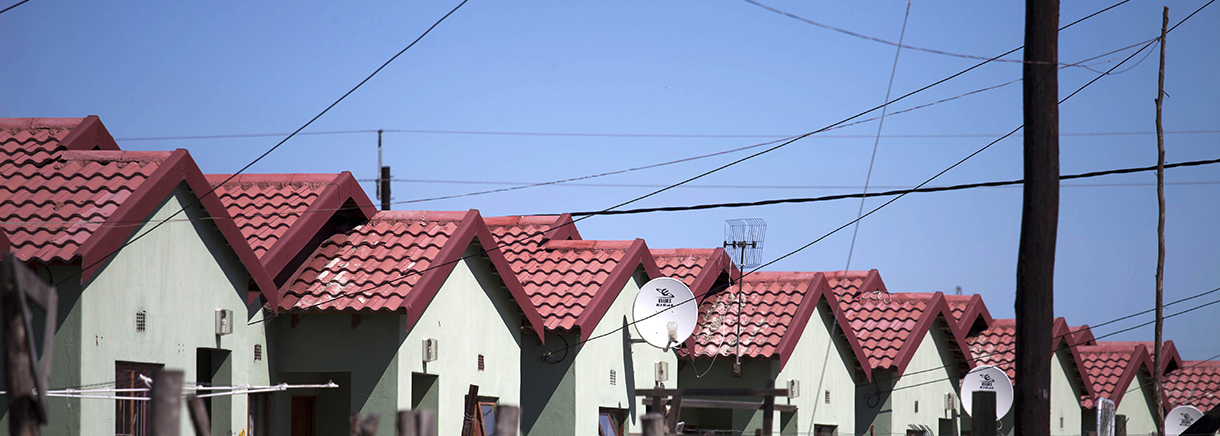Affordable housing remains a pressing challenge in South Africa, reflecting the complex interplay of economic, social, and political factors.
From my perspective, addressing this issue requires a multifaceted approach that involves collaboration between the public and private sectors, community engagement, and innovative solutions to overcome the barriers preventing many South Africans from accessing decent and affordable housing.
1. Economic Disparities and Unemployment: The root of the affordable housing challenge in South Africa is closely tied to economic disparities and high levels of unemployment. A substantial portion of the population faces financial constraints that hinder their ability to secure suitable housing.
Addressing this challenge necessitates broader economic policies aimed at creating jobs, improving income distribution, and empowering citizens economically.
2. Land Access and Urbanization: Limited access to suitable land for housing is a significant obstacle. Urbanization has led to increased demand for housing in urban areas, driving up prices and making it difficult for low and middle-income earners to afford homes.
Effective land-use planning, coupled with inclusive urban development policies, is crucial to ensure equitable access to land for affordable housing projects.
3. Government Intervention and Policy Reform: A robust and supportive policy framework is essential to encourage affordable housing initiatives. Government intervention, through subsidies, incentives, and targeted programs, can play a pivotal role in making housing more accessible.
Regular reviews and reforms of housing policies are necessary to adapt to changing economic conditions and address emerging challenges.
4. Community Engagement and Social Infrastructure: Community participation is key to the success of affordable housing projects. Inclusive approaches that involve communities in the planning and development process can foster a sense of ownership and ensure that housing solutions meet the unique needs of different communities.
Integrating social infrastructure, such as schools and healthcare facilities, into housing developments can further enhance the overall well-being of residents.
5. Innovative Financing Models: Exploring innovative financing models is crucial to unlocking the potential for affordable housing. Public-private partnerships, microfinance initiatives, and community land trusts are examples of models that can make homeownership more attainable.
These approaches require collaboration and a willingness to experiment with new ideas to find sustainable solutions.
6. Sustainable and Inclusive Design: The design of affordable housing must prioritize sustainability and inclusivity. Energy-efficient and environmentally conscious designs can reduce long-term costs for residents, while inclusive design ensures that housing is accessible to individuals with disabilities. These considerations contribute to creating thriving and resilient communities.
7. Collaboration between Stakeholders: Collaboration between government agencies, private developers, financial institutions, and NGOs is vital to overcoming the challenges of affordable housing.
Each stakeholder brings unique strengths to the table, and a coordinated effort is necessary to pool resources, expertise, and innovation for sustainable and scalable solutions.
8. Addressing Informal Settlements: Informal settlements, a prevalent issue in South Africa, require targeted attention. Upgrading informal settlements through infrastructure development, tenure regularization, and community involvement can improve living conditions and pave the way for more inclusive urban development.
Conclusion: In conclusion, the affordable housing challenges in South Africa demand a holistic and collaborative approach. While economic disparities and urbanization present significant hurdles, strategic interventions in policy, community engagement, financing, and design can contribute to creating a more equitable housing landscape.
The commitment to addressing affordable housing challenges should be a shared responsibility among governments, private sectors, communities, and citizens to build a South Africa where decent and affordable housing is a reality for all.
It requires a sustained effort, innovation, and a vision of housing as a fundamental right and a cornerstone for social and economic development.
